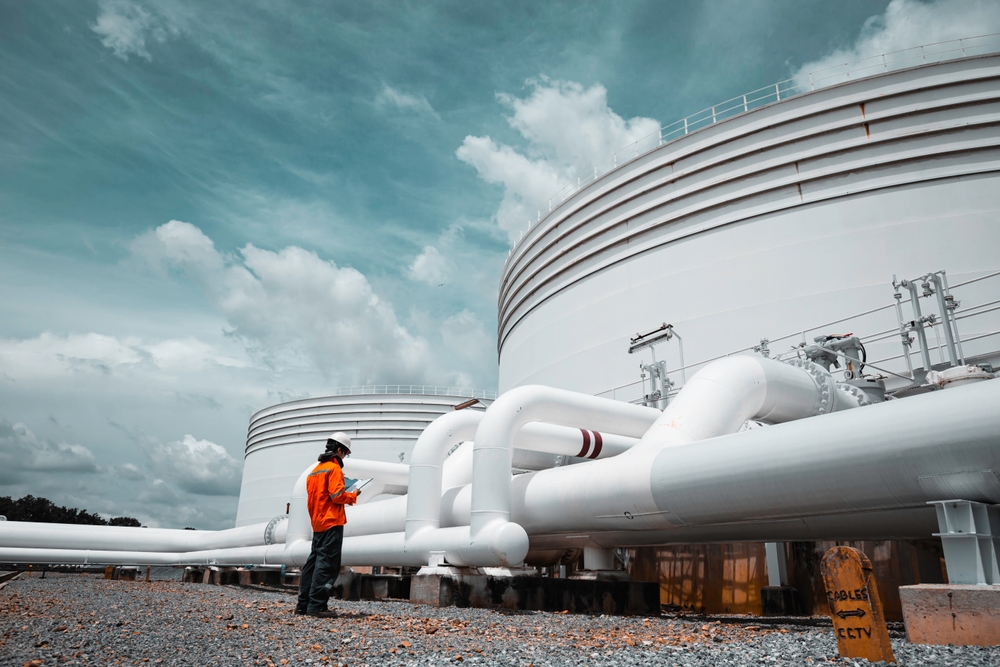

In this course, the design, application and operation of the process equipment systems and piping will be presented. Their efficiency and safety will be the main concern of the system. Participants will acquire practical skills on how to choose, install and maintain such systems and comprehensively appreciate the role of these systems in production.
| City | Start Date | End Date | Fees | Register | Enquire | Download |
|---|---|---|---|---|---|---|
| Madrid | 30-06-2025 | 11-07-2025 | 9950 $ | Register | Enquire | |
| Kuala Lumpur | 04-08-2025 | 15-08-2025 | 7000 $ | Register | Enquire | |
| Bali | 08-09-2025 | 19-09-2025 | 9950 $ | Register | Enquire | |
| Cairo | 13-10-2025 | 24-10-2025 | 6900 $ | Register | Enquire | |
| Krakow | 17-11-2025 | 28-11-2025 | 9950 $ | Register | Enquire |
The safe operation of process equipment and piping systems, with a focus on their design, is centered on effective engineering practices. Competent operation and maintenance of the equipment and piping systems within acceptable parameters, known as the Integrity Operating Window (IOW), are key to maintaining their mechanical integrity.
This course addresses process equipment and piping system design and operation, combining essential concepts, practices, methods, and practical tools. The goal is to enhance the competencies of design, operation, and maintenance professionals, thereby benefiting organizations and improving plant safety and reliability.
At the end of this Process Equipment, Piping System Design, and Operation course, participants will be able to:
Unit 1: Basic Principles and Practices in the Design of Equipment
Unit 2: The Design and Operation of Pressure Equipment
Unit 3: The Design and Operation of Thermal Equipment
Unit 4: Design and Operation of Fluid Handling Equipment
Unit 5: Degradation and Life Cycle Assessment of Process Equipment
Unit 6: Mechanics of Failure
Unit 7: Failure-Proof Design Strategies
Unit 8: Failures of Process Equipment
Unit 9: Inspection, Assessment, and Maintenance

.jpg)

.jpg)
.jpg)














